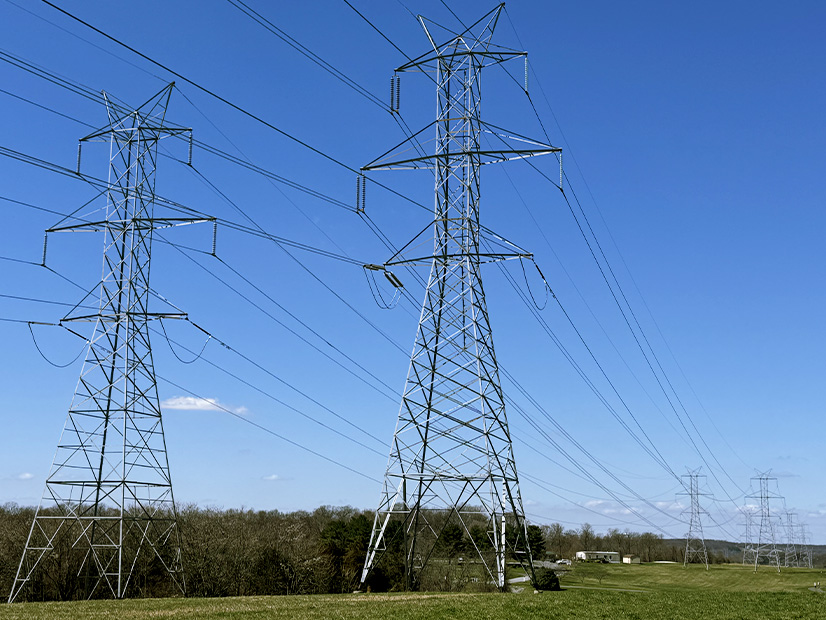The NEPOOL Transmission Committee voted on March 27 to create a planning process for long-term transmission needs identified by states to meet their clean energy goals.
The new process — Extended-term/Longer-term Transmission Planning Phase 2 — was developed by ISO-NE and the New England States Committee on Electricity (NESCOE) in response to concerns from the states about transmission needs that extend beyond the typical planning horizon.
The proposal builds on the first phase of the transmission planning project — which created a process to study long-term transmission needs and was approved by FERC in 2022 — by creating a process for states to act on needs identified in those studies.
“This effort, Phase 2, establishes the rules that enable the states to achieve their policies through the development of transmission to address anticipated system concerns and the associated cost allocation method,” said Brent Oberlin, ISO-NE director of transmission planning.
In the new process, states can direct ISO-NE to issue a request for proposals for projects addressing long-term transmission needs. After soliciting bids from transmission developers, the RTO will quantify projected costs and benefits for each bid, with the benefits required to outweigh the costs to be eligible to be selected. ISO-NE will then select a preferred solution, with NESCOE then given the option to proceed or cancel the project.
By default, the costs associated with these projects will be regionalized, although NESCOE can also submit an alternative cost allocation method for any project.
The TC approved a supplemental process for when no projects pass the cost-benefit threshold. The costs commensurate with the benefits would be regionalized, while individual states can voluntarily cover any remaining costs in order to proceed with a project.
The committee also approved an amendment to the proposal introduced by Avangrid that directs ISO-NE to conduct an independent cost assessment of bids submitted by transmission developers.
Alan Trotta of Avangrid said different bidders may have different methodologies for calculating their project costs and that “a consistent cost estimating methodology by one entity will put bids on a level playing field.”
Ensuring an independent assessment, either by ISO-NE or a third party commissioned by the RTO, would prevent aggressive cost estimations or differences in project scope from unfairly influencing the results of the project selection process, Trotta said.
ISO-NE indicated that it will incorporate this amendment into the proposal it brings to a vote at the NEPOOL Participants Committee in April.


